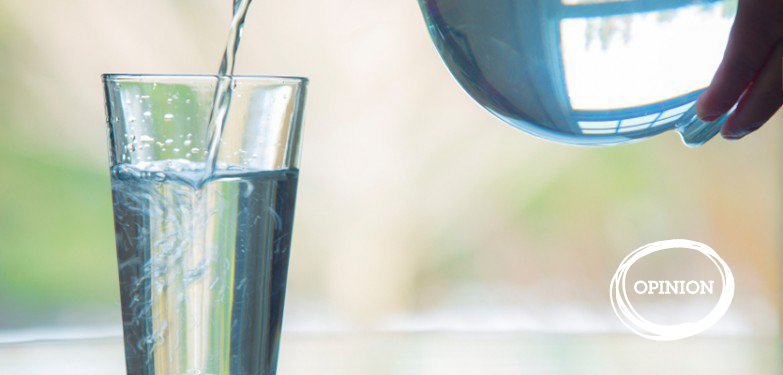Boom! Welcome to 2016. The new year is barely a week old and already we’re being told suddenly that what we thought was an acceptable level of alcohol consumption is Terribly Dangerous.
21 units a week? A level that has been government-sactioned since 1987 is apparently life-threatening in 2016. 14 units, squire, that’s your new safe limit.
Not, of course, that it will make much difference to half the adult population because they’re currently indulged in the self-imposed misery of a month-long detox anyway.
The latter is, of course, total nonsense. Of all the bullshit philosophies to have taken root over the last 10 years, this pointless self-flagellation is right up there.
Particularly since, for most practitioners, it’s a pointless attempt at undoing nine months of the kind of boozy hedonism that Olly Reed might have been proud of.
If this strikes a chord with you, then might I suggest that the answer lies in moderating consumption throughout the previous 12 months, rather than essentially bingeing for 11 months, and then anti-bingeing for one.
A dry January, with its puritan emphasis on denial of pleasure, might make its hair-shirted practitioners feel better about over-indulging, but it won’t achieve much medically.
There is, to put it bluntly, no benefit in eschewing booze entirely for a month.
The human liver is perfectly able to process a couple of units of alcohol a day without any harm at all. Indeed, there’s myriad medical research (over several decades) to suggest that, whatever Dame Sally Davies might say, small amounts of drink on a regular basis are good for you.
Actually, let me rephrase that. It’s not that they’re good for you, so much as that they help to mitigate against heart disease. And heart disease is a huge killer.
It’s a classic J-curve. People who drink no alcohol are more likely to die younger than people who drink small amounts. This is not a binger’s blueprint, however. Once you get past about four to six units, then the negatives of booze start to outweigh any positives of seeing off heart disease. Indeed, over-consumption exacerbates it.
The message, in other words, is more nuanced than either the health lobby or the drinks industry admit. The drinks producers have historically not been good at leading the debate, and tend to sulkily cry foul whenever they’re asked to introduce anything that might harm sales (remember the short-sighted whingeing over introducing calories onto labels?)
Equally, the issue is emphatically not how many units anyone drinks in a week but how those units are imbibed. If you abstain for six days, then neck seven pints in one go, you might officially be aligned with government targets – but you’re doing yourself far more harm than if you drink 250ml of 13% wine every day with food (about 22 units a week).
Complicated stuff, isn’t it? Not that you’d know it from the health lobby, who clearly has an agenda. Namely, the eternal misery of a dry January, stretched out over 12 months. Sounds great, doesn’t it? It would, I guess, mean that people’s livers would be nice and healthy when they committed suicide at the sheer tedium of life.
The health lobby’s favoured method for reducing drinks consumption remains minimum pricing (MUP), which has been the source of ongoing controversy in Scotland for a while now. The Scottish parliament wants to introduce a MUP of 50p a litre, which would mean a minimum price of £13 for a bottle of 40% abv spirit, or £4.55 for a bottle of wine.
Since the European Court of Justice effectively washed its hands of the matter, MUP is almost certain to be the subject of colossal legal wrangles in Scotland, as the government tries to prove that the measure is not restrictive to trade.
Lawyers north of the border must be rubbing their hands with glee at this one. Though you can bet that politicians and health groups in the rest of the UK will be eyeing proceedings with interest.
If MUP gets through, the Scottish courts then campaigners will surely clamour for the same down here.
Until it does, however, the anti-drinks lobby will have to make do with commissioning report after report, ignoring information that doesn’t suit it and loudly trumpeting figures that do, in order to keep up a steady supply of scaremongering stories in the red-tops.
And in lieu of being able to offer anything positive in response, the drinks industry will continue standing on the sidelines like a petulant toddler screaming ‘it’s not fair’.
From bingers to puritans, and sulkers to dictators, we have everything in the UK drinks scene. Everything, it seems, except reason and balance.

